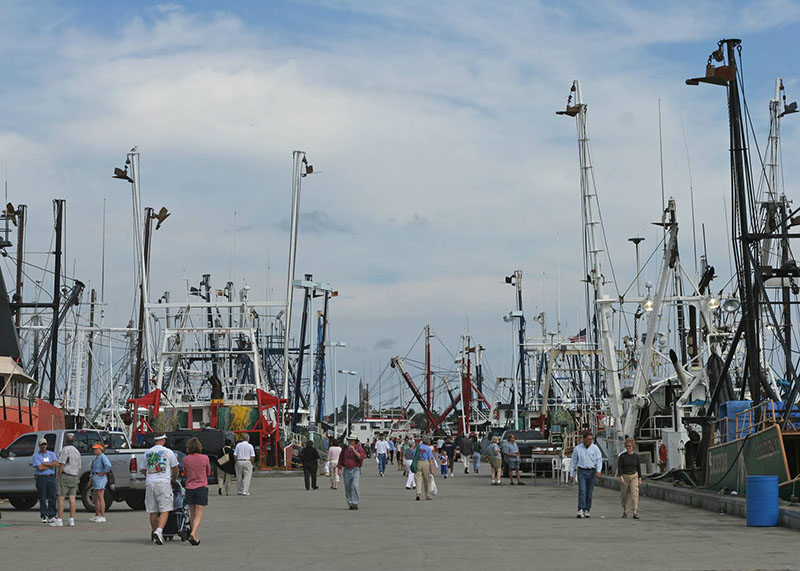New Bedford, Mass., Mayor Jon Mitchell delivered written testimony to the House Natural Resources Committee on Wednesday, expressing concerns about the effects of marine monument designations on the fishing industry and coastal communities.

New Bedford, Mass. Mayor Jon Mitchell. City of New Bedford photo.
Mitchell, who delivered written testimony instead of testifying in person because of severe snow conditions in the Northeast, was acting as a representative of the National Coalition for Fishing Communities, a membership-based nonprofit that advocates for the U.S. fishing industry.
He questioned the “poorly conceived terms of particular monument designations” and addressed issues with the designation process as a whole. He praised the fishery management council process created by the Magnuson-Stevens Act, which he says allows for more input from stakeholders, over the Antiquities Act, which grants the president executive authority to close off any federal lands or waters on a permanent basis.
“The monument designation process has evolved effectively into a parallel, much less robust fishery management apparatus that has been conducted entirely independent of the tried and true fishery management council process,” said Mitchell. “It lacks sufficient amounts of all the ingredients that good policy-making requires: Scientific rigor, direct industry input, transparency, and a deliberate pace that allows adequate time and space for review.”
In his testimony, Mitchell called attention to the Northeast Canyons and Seamounts Marine National Monument and the expansion of the Papahānaumokuākea Marine National Monument, focusing on how the closures are affecting local fishermen. He urged Congress to integrate the president’s authority with the established processes of the fishery management councils.
“This Congress has an important opportunity to restore the centrality of Magnuson’s fishery management councils to their rightful place as the critical arbiters of fisheries management matters,” said Mitchell. “Doing so would give fishing communities much more confidence in the way our nation approaches fisheries management. And it could give the marine monument designation process the credibility and acceptance that it regrettably lacks today.”
Mitchell also delivered a letter that was drafted and signed by member organizations that called for the same integration.
"The council process allows for stakeholders, scientists, and concerned citizens to review and debate policy decisions in a transparent manner. In contrast, the Antiquities Act authorizes the president to take away public areas and public resources with no public input. Using executive authority, the president can close any federal lands and waters in an opaque, top-down process that too often excludes the very people who would be most affected,” reads the letter.
The letter was signed by the Atlantic Offshore Lobstermen’s Association, the California Wetfish Producers Association, the Fisheries Survival Fund, the Garden State Seafood Association, the Hawaii Longline Association, the Long Island Commercial Fishing Association, the Menhaden Fisheries Coalition, the North Carolina Fisheries Association, the Southeastern Fisheries Association, the West Coast Seafood Processors Association and the Western Fishboat Owners Association.







